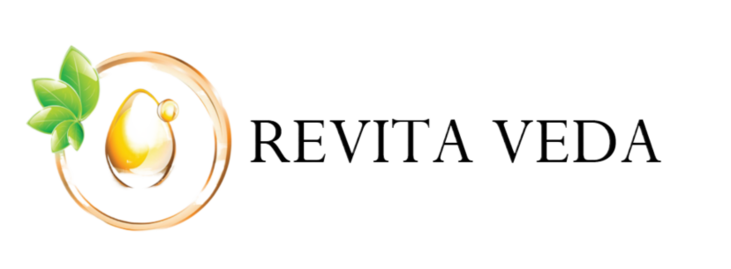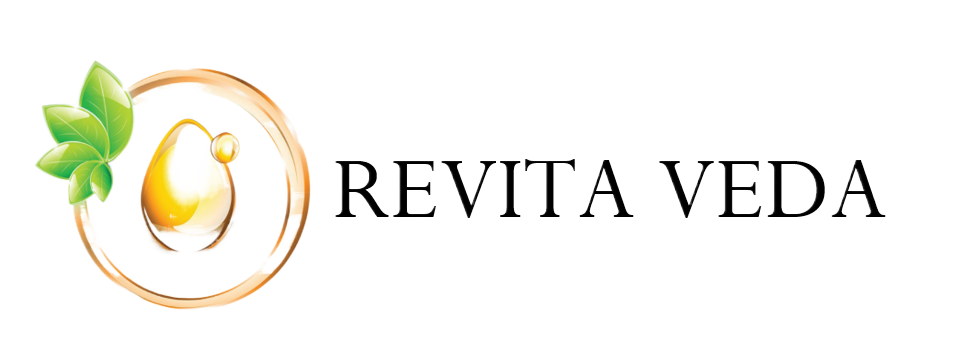According to ancient wisdom, the best way to care for our hair is by using natural ingredients found in nature, such as herbs, oils, and other plant-based extracts. However, in today’s modern world, this approach isn’t always practical. If you were to wash your hair and body using traditional methods, your plumbing could quickly become clogged with residues from these natural substances. Trust me, we have tried.
At Revita Veda, we’ve taken our mission seriously: to create the most natural and effective cleansing products for your body. We believe in being transparent with our customers. While it’s our goal to use as many natural ingredients as possible, the reality is that it’s nearly impossible to create a shampoo or body wash that you’re accustomed to without using any chemical ingredients.
We want to be upfront—our products contain certain compounds that help transform oils into shampoo or body wash. However, we use the absolute minimum amount necessary to achieve the desired effect, ensuring that the product remains safe and effective.

Safe Ingredients Shampoo:
- Castor Seed Oil (Ricinus Communis): Known for its moisturizing properties, castor oil is generally safe and commonly used in personal care products.
- Mipa-laureth sulfate: This is a surfactant used for foaming and cleansing. It is considered to be milder than some other sulfates like sodium lauryl sulfate (SLS), though sulfates can cause irritation in sensitive skin.
- Laureth-4: Another mild surfactant, typically safe but can cause some irritation in those with very sensitive skin.
- Sesame Seed Oil (Sesamum Indicum): This oil is safe and often used in personal care for its emollient properties.
- Coconut Oil (Cocamide DEA, Capric Triglyceride): These derivatives of coconut oil are commonly used in shampoos and are generally safe. However, Cocamide DEA has raised concerns in some studies as a potential carcinogen with prolonged exposure. Many regulations require it to be used within safe limits.
- Glyceryl Oleate: A naturally derived emulsifier and skin conditioner, safe for cosmetic use.
- Tocopherol (Vitamin E): A well-known antioxidant that is generally safe in topical applications.
- Wheat Germ Oil (Triticum Vulgare): Safe for most users, though some people with gluten sensitivity or wheat allergies may want to avoid it.
- Shatavari Extract (Asparagus racemosus): Known for its nourishing properties, considered safe for topical use.
- Methi Seeds Extract (Trigonella foenum-graecum): Fenugreek is safe for topical use and commonly found in hair care products.
- Neem Extract (Azadirachta indica): Known for its antifungal and antibacterial properties, generally safe unless you have a specific allergy to neem.
- Guduchi Extract (Tinospora cordifolia): This plant extract is considered safe and is used in traditional medicine for its health benefits.
- Rose Extract (Rosa centifolia): Rose extract is generally safe and often used in skincare products for its soothing properties.
- Brahmi Extract (Bacopa monnieri): Traditionally used in Ayurvedic treatments, considered safe for topical use.
- Fragrance: This can be tricky, as fragrances can sometimes cause allergic reactions or irritate sensitive skin. If it’s a natural fragrance, it is generally safer, but synthetic fragrances can be more irritating.
Possible Concerns:
- Cocamide DEA: While generally considered safe in regulated amounts, it has raised concerns due to links to cancer when used in excessive amounts or over a long time.
- Fragrance: As mentioned, fragrances (especially synthetic ones) can be irritating or allergenic for some people.
Conclusion:
Most of these ingredients are natural and considered safe for topical use. The only mild concern is Cocamide DEA and fragrance due to their potential for irritation or other long-term health concerns. If you have sensitive skin or allergies, you may want to do a patch test or opt for a fragrance-free version.
You may also like…
-

Oils Based Bath Oil | Enriched skin food
13,94 € inc. VAT -
Sale!

Organic Oil Based Body Wash | caring shower oil
Original price was: 23,00 €.15,00 €Current price is: 15,00 €. inc. VAT -
Sale!

Natural Oil Based Shampoo for hair growth
Original price was: 27,99 €.20,99 €Current price is: 20,99 €. inc. VAT


